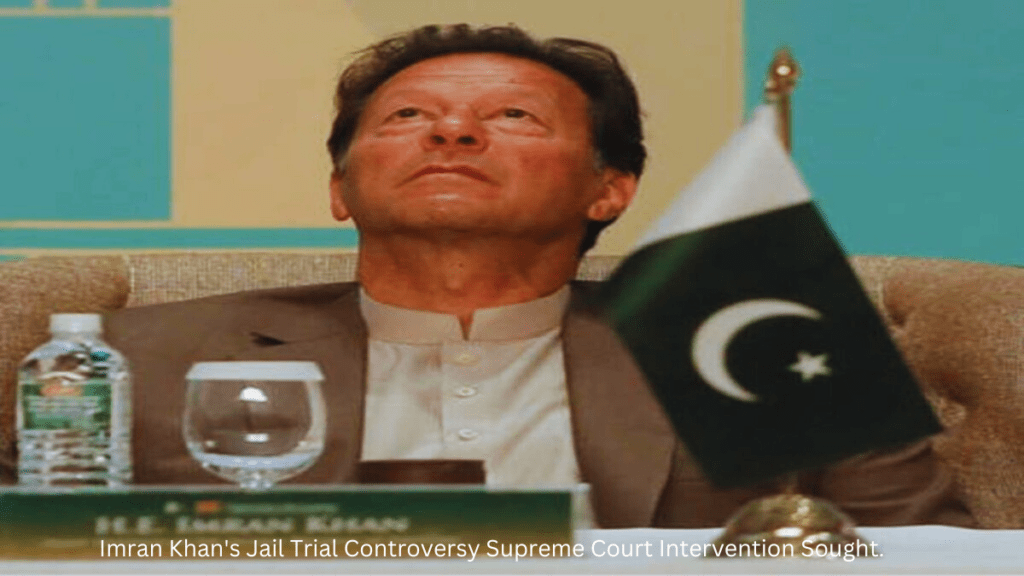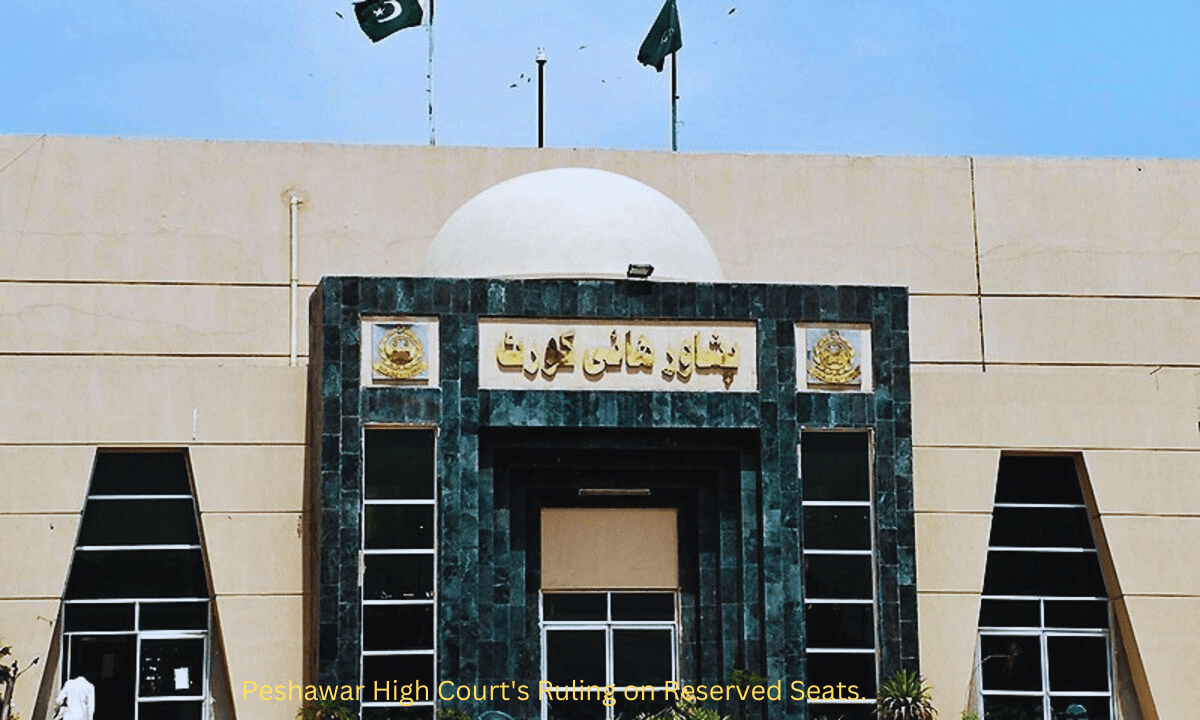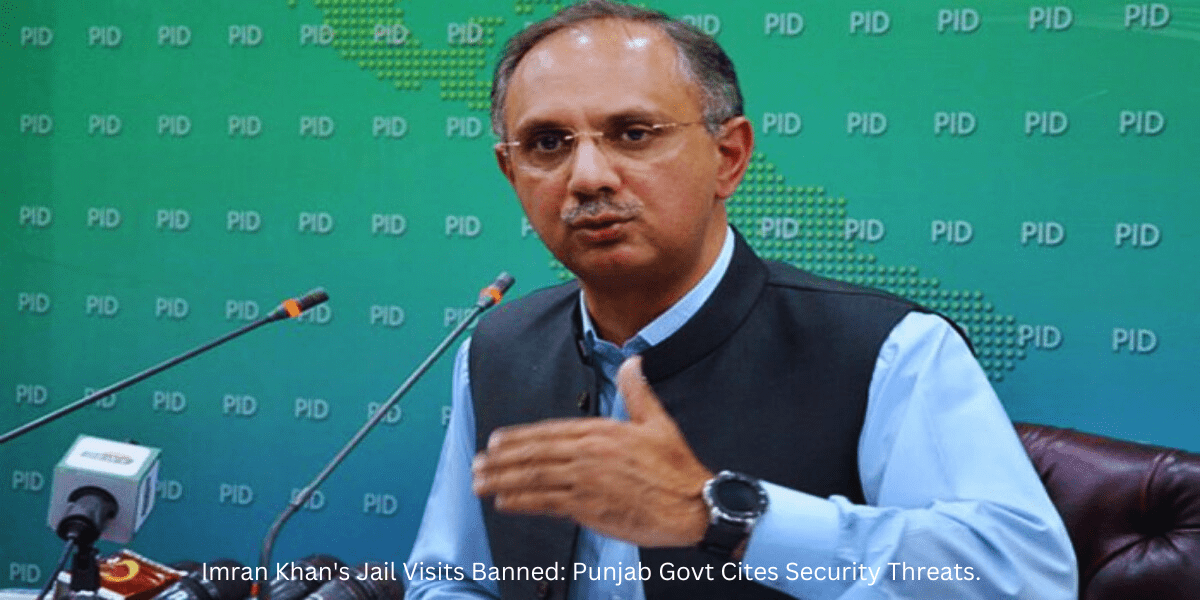
The legal battle over Imran Khan’s jail trial in the cipher case continues to escalate.
The conflict between the caretaker government and Islamabad High Court raises questions about the authority to declare special courts invalid.
The nuances of conducting a trial in jail, especially in exceptional circumstances, add complexity to the case. As the Supreme Court steps into the fray, the fate of Imran Khan’s cipher trial remains uncertain, echoing the broader challenges within the legal system.
Imran Khan’s Cipher Case and Jail Trial: Islamabad High Court’s Verdict
The recent legal developments surrounding Imran Khan’s cipher case and jail trial have sparked controversy and a subsequent legal battle between the caretaker government and Islamabad High Court (IHC). Here’s a detailed breakdown of the key events:
Cipher Case and Jail Trial Nullification by IHC
In a significant turn of events, the IHC, through a division bench comprising Justice Miangul Hassan Aurangzeb and Justice Saman Rafat Imtiaz, announced the verdict on November 21, 2023. The verdict nullified the notification for conducting Imran Khan’s jail trial in the cipher case, which involved charges of leaking state secrets. The IHC’s decision was based on an intra-court appeal filed by Imran Khan against a single-member bench’s approval of the jail trial under the Official Secrets Act, 1923.
Legal Basis and Authority Challenges
The IHC’s decision raised questions about the legal basis and authority to declare a special court formed for the cipher trial invalid. The court contended that it did not have the authority to make such a declaration. The verdict emphasized that a trial in jail can be conducted in exceptional circumstances, provided it aligns with the procedural requirements of an open trial or a trial in camera.
Federal Government’s Appeal to Supreme Court
In response to the IHC verdict, the federal government moved the Supreme Court, seeking a reversal of the decision. The government argued that the high court did not adequately evaluate the facts of the case and lacked the authority to invalidate the special court for Imran Khan’s cipher trial.
Impact of November 15 Notification
The IHC also addressed the November 15 notification issued by the Ministry of Law and Justice after the caretaker cabinet’s approval of the jail trial. The court ruled that this notification “cannot be given retrospective effect,” highlighting a critical aspect of the legal proceedings.
Fresh Start and Invalidation of Proceedings
Following the IHC’s decision, Imran Khan’s cipher trial was started afresh. However, the court declared all proceedings in the cipher case conducted by the special court after December 14, 2023, as invalid, adding another layer of complexity to the legal landscape.
In conclusion, the legal battle over Imran Khan’s cipher case and jail trial unfolds with intricate legal arguments and challenges, leaving the fate of the proceedings uncertain. The Supreme Court’s involvement adds a new chapter to this legal saga, promising further developments in the near future.
Frequently Asked Question (FAQ’s)
Q: Why was Imran Khan’s jail trial nullified?
A: Islamabad High Court nullified the trial due to concerns about the authority to declare a special court invalid and the improper evaluation of facts.
Q: What is the cipher case?
A: The cipher case involves charges of leaking state secrets against Imran Khan under the Official Secrets Act, 1923.
Q: Can a trial be conducted in jail?
A: Yes, under exceptional circumstances, a trial can be conducted in jail if it fulfills the requirements of an open trial or a trial in camera, according to the IHC verdict.
Q: Why did the Supreme Court receive an appeal from the federal government?
A: The federal government appealed, arguing that the IHC did not properly evaluate the facts, and it lacked the authority to declare the special court invalid.
Q: What is the significance of the November 15 notification?
A: The notification, issued by the Ministry of Law and Justice, afater the caretaker cabinet’s approval, had been deemed without lawful authority and no legal effect by the IHC.




Leave a Reply